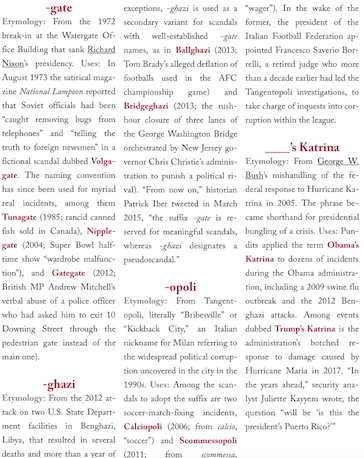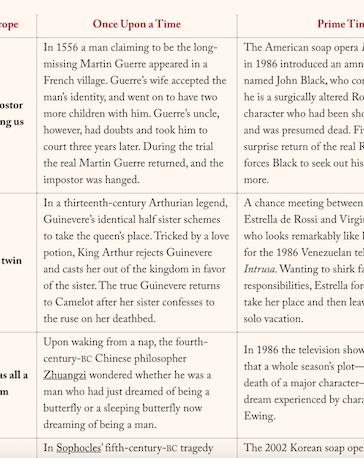Miscellany
U.S. Immigration and Customs Enforcement returned nearly four thousand ancient Iraqi artifacts in 2018 that Hobby Lobby, an Oklahoma City–based chain of craft stores owned by an evangelical Christian family, had purchased from dealers in the United Arab Emirates. A year later investigators alleged that the Museum of the Bible, founded by the same family, had in its holdings thirteen artifacts belonging to the Egypt Exploration Society. The museum said it would return the artifacts.


